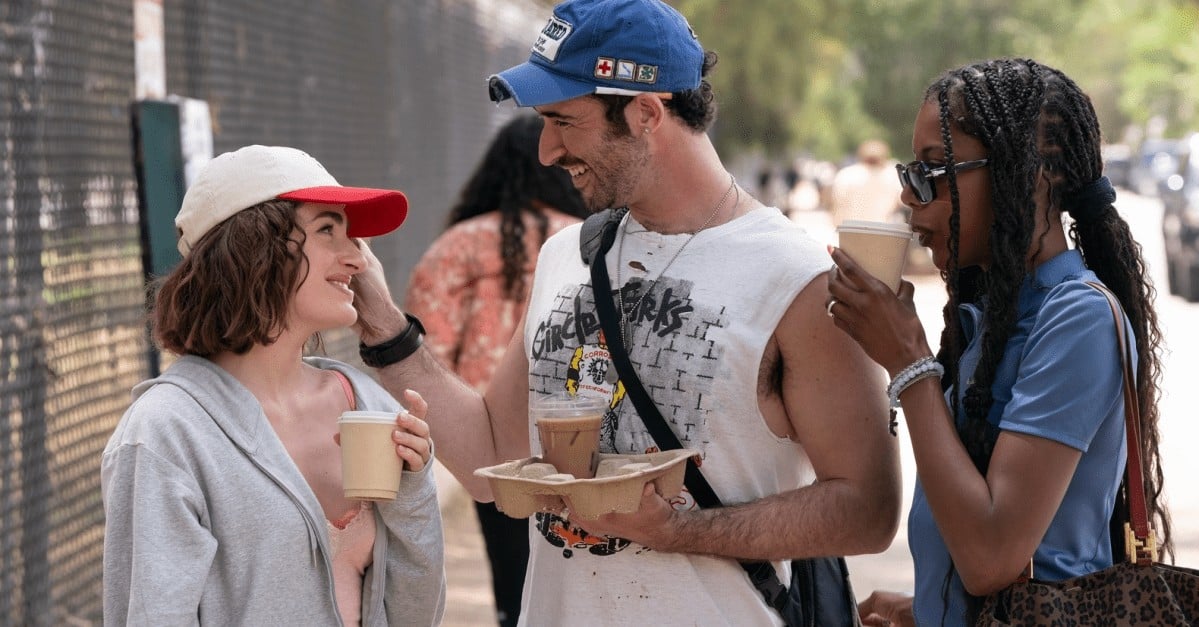For years, television gifted us with iconic characters – Carrie Bradshaw, Don Draper, Walter White – figures who seeped into our cultural consciousness. Today, something feels…off. Shows struggle to create protagonists who linger in the mind long after the credits roll. Is this a temporary slump, or a sign of a deeper shift in how we consume stories?
The “Mid” Era of Television
The streaming boom has flooded the market with content, but quality hasn’t kept pace. Many shows are perfectly adequate, but few leave a lasting impression. This isn’t just about quantity; it’s about a fundamental change in how TV is made and watched.
The rise of casual viewing has eroded investment in character development. Writers are increasingly pressured to deliver viral moments rather than nuanced storytelling. Networks openly admit to prioritizing “second-screen” engagement – meaning content designed to be clipped, shared, and forgotten.
The Shift to Virality Over Depth
The industry is shifting away from creating characters that linger in the mind long after the credits roll. Writers are increasingly pressured to deliver viral moments rather than nuanced storytelling. Networks openly admit to prioritizing “second-screen” engagement – meaning content designed to be clipped, shared, and forgotten.
One recent example, the Kim Kardashian-led Hulu series All’s Fair, epitomizes this trend. The show exists primarily to flaunt designer outfits and deliver shock-value dialogue, engineered for TikTok screenshots rather than emotional resonance.
This emphasis on virality has stunted character arcs, favoring instant gratification over long-term engagement. Even shows with good intentions suffer from shortened seasons and inconsistent schedules, making it hard to build sustained emotional connections.
The Rise of Real People
While fictional characters fade, real people dominate the cultural conversation. Reality TV stars, influencers, and even scandal-ridden figures command attention in a way that scripted characters rarely do.
Shows like The Real Housewives and The Kardashians thrive because their stars are constantly delivering content, both on and off-screen. Their parasocial relationships with viewers are sustained by years of tabloid coverage and constant social media engagement.
This trend extends to scripted television. Networks increasingly cast influencers and online personalities, hoping to capitalize on their existing fan bases. But these shows often lack the depth and originality of traditional character-driven dramas.
The Internet’s Grip on Attention
The competition between TV and social media has created a fractured attention economy. Why invest in a fictional character when you can follow a real person’s unfiltered life on Instagram?
Influencers and podcasters offer constant, intimate content, fostering a sense of connection that scripted characters struggle to match. Their authenticity, however manufactured, feels more compelling than carefully crafted storylines.
This shift is not just about entertainment; it’s about control. Real people can shape their narratives, while fictional characters are bound by writers’ decisions. In a world craving agency, authenticity wins.
Can TV Reclaim Its Characters?
The future of TV characters is uncertain. The industry must prioritize depth over virality, consistency over spectacle, and authenticity over manufactured drama.
Until then, the next Carrie Bradshaw or Don Draper remains elusive. The golden age of TV characters may be over, replaced by an era of fleeting trends and disposable stories.
The most iconic characters may not come from television anymore. They’ll be the viral stars, the scandal-ridden celebrities, and the real people who dominate our attention spans. And that, perhaps, is the most forgettable truth of all
